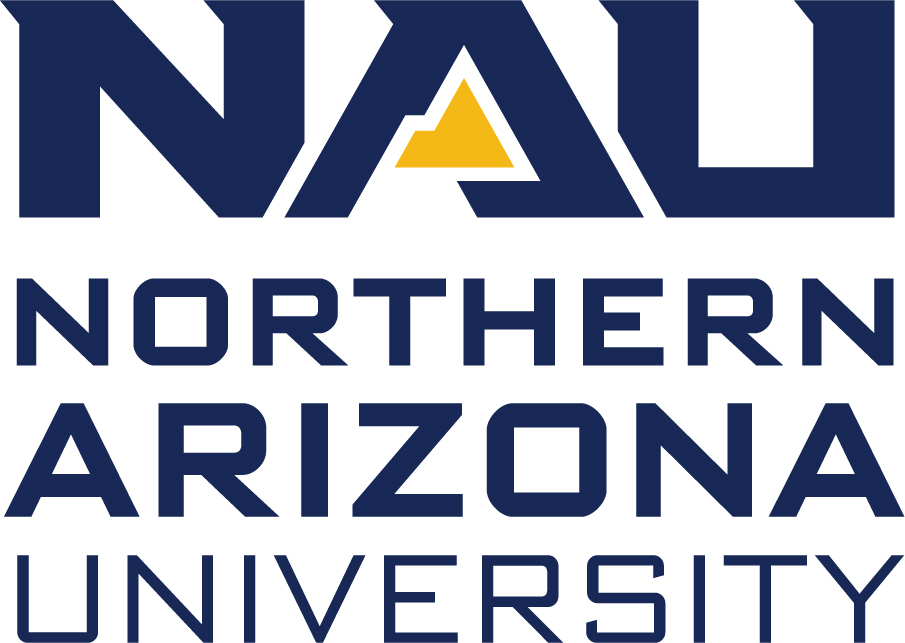Newswise — The School of Nursing at Northern Arizona University received a $500,000 grant to train today’s workforce to better meet the urgent needs in rural and underserved areas and to increase health care access.
The two-year grant from the federal Health Resources and Services Administration, which begins Sept. 1, will allow the School of Nursing to expand its simulation-based education for health care providers focused on caring for people in the Navajo Nation and other rural and high-poverty areas of northern Arizona. The education will be focused on improving treatment for obesity, diabetes, hypertension, coronary heart disease and behavioral and mental health care.
The goal of this program is to train nurses and nurse practitioners to offer high-quality health care via telemedicine, which will significantly reduce the barriers to accessing appointments, getting prescriptions, talking to a therapist and other resources.
“This project is unique in that it will be delivered on the largest Indian reservation in the country where we have long-standing relationships with schools, hospitals and health clinics,” said principal investigator Anna Schwartz, a professor of nursing. “Our students will obtain unique public health experiences that will give them a strong skill set and knowledge base to enter the public health workforce and practice at the full scope of their license.”
Telehealth and telemedicine are convenient ways to provide patient care, education, medication management and side effect management while reducing the burden of traveling to a clinic, Schwartz said. Often, people in rural areas have to travel several hours to the nearest health clinic and even longer distances for more specialized health care. The remoteness of these clinics also presents a challenge in recruiting and retaining nurses and nurse practitioners. That leads to worse health outcomes for these groups.
It is an especially important development for NAU’s American Indian Program, the only nursing program in the country that is located on a reservation. To date, all of the graduates from this program have gotten jobs on the Navajo Nation or in medically underserved areas and help to fill a gap in the underrepresentation of minorities in nursing.
This type of training is already a routine part of training health care professionals, but it’s become a critical part of health care during the COVID-19 pandemic. The advantages include repetitive practice, integrating the simulation into the curriculum, adjusting the difficulty level to individual needs and providing clinical experiences that may be hard to find or dangerous for a learner to participate in the real clinical or community setting but completely safe to do in the simulation setting.
“Simulation-based education provides students with the opportunity to practice their clinical and decision-making skills in a wide variety of scenarios while receiving immediate feedback from their instructor, all without compromising the safety of a real patient,” Schwartz said. “It’s a fantastic learning tool.”
The project uses an innovative approach to addressing the public health need for a stronger workforce to develop undergraduate nurses prepared to effectively impact population health outcomes in rural and medically underserved areas with high poverty rates. It also will help train graduate nurses in mentoring, interprofessional communication and collaboration and extending information to community partners.
